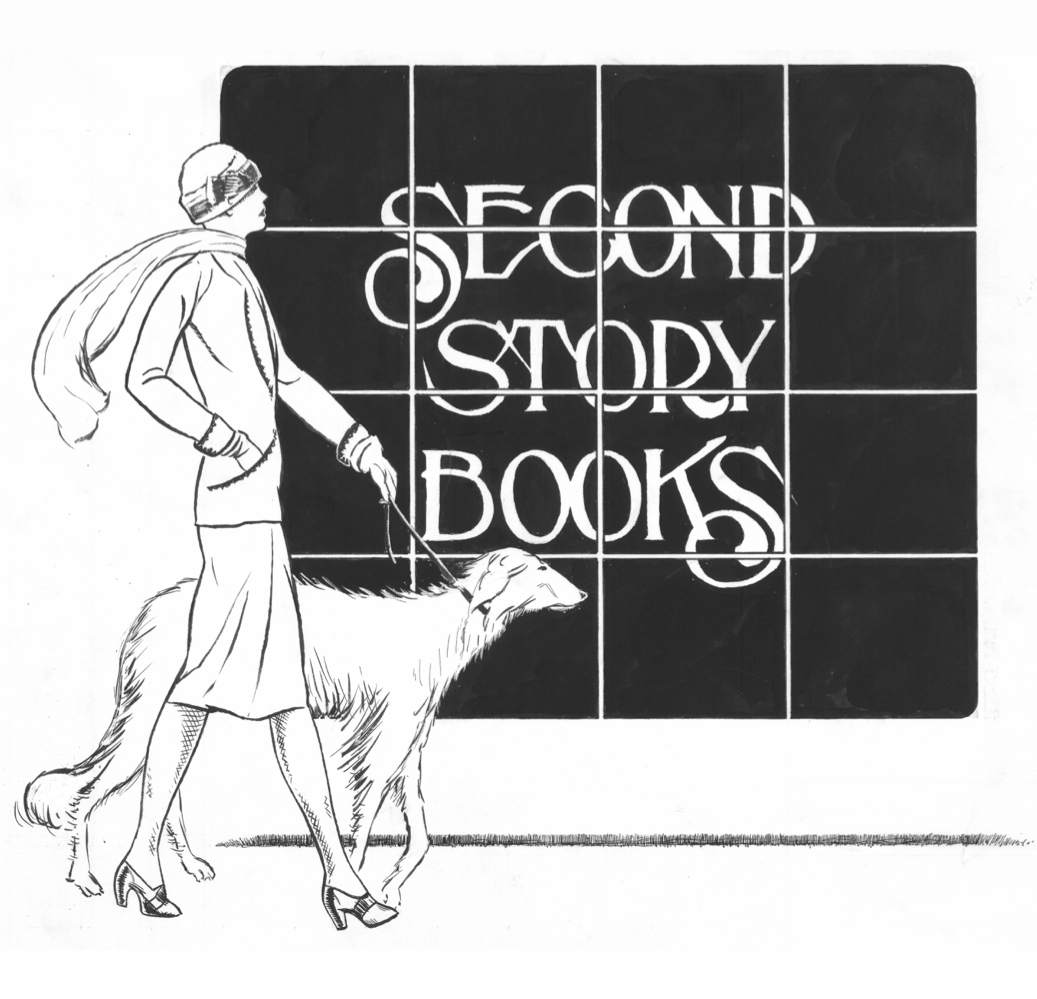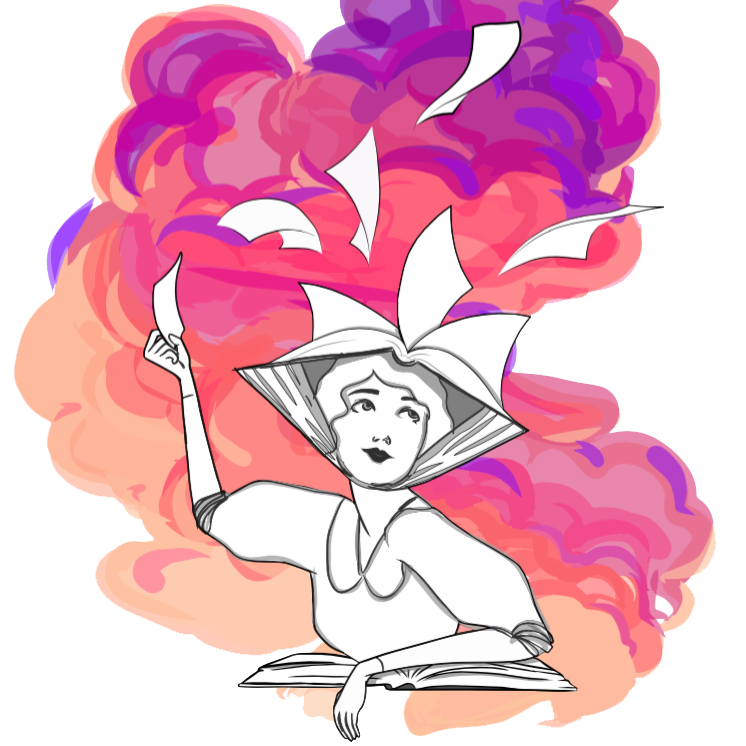THE HILL OF DEVI [WITH AUTOGRAPH LETTER BY ROGER SENHOUSE AND ALS BY E. M. FORSTER]
London: Edward Arnold & Co., 1953. First Edition, First Printing. Octavo, 176 pages; VG/VG; spine orange with blue titling, dust jacket protected with a mylar covering, price cut, mild fading to spine, mild wear and rubbing, primarily to extremities;
Neat pencil note on the ffep, reading "with a 2 pp. note by Roger Senhouse describing one of Forster's Homosexual Affairs." Signed below the note in blue pencil by Roger Senhouse.;
With two letters loose within, one from Roger Senhouse describing Forster's affairs in India in salacious detail, and one from Forster during WWII involving the Royal Air Force.;
2 page Autograph Letter Signed on one leaf of beige paper, dated 26-7-42. Written by Forster to a Bill and signed 'Morgan', with two horizontal folds and minor wear to extremities. Bill has apparently recently joined the R.A.F, and much of the letter is Forster discussing social engagements.;
"...all of this silly "breaking" seems such a waste of the national effort. I had hoped the R.A.F. was beyond it, but it seems no more sensible today than when T.E. Lawrence pilloried it in The Mint - I always wished he would have published that exposure of N.C.O. mentality. I am sure it would have done good, but he was afraid of Lord Trenchard...";
2 page Autograph Letter on one leaf of blue/green paper, dated 22/3/54, with dense writing by Roger Senhouse describing one of Forster's affairs. One horizontal fold, very mild wear to extremities;
"Hill of Devi. Dinner at the Savile, to welcome Ragnar Svanström as a member. He was dining with Meyer, who was 1/4 hour late, so he sat between A. D. Peters & Charles ???, delighted to be so affably received. I settled Down at the round table with John Morris, who told me - after a night's visit to King's to hear the 3rd Prog St. John Passion - that ??? has received very few votes for his Provost election, but that he had stayed up till 3 am with E.M.F. who had told him the story of Dewas Senior.
I had been shown Morgan's 2 letters apropos his ??? in ???, ??? ??? ??? based on a fine knowledge of character. What had baffled us both was why the adjective 'saintly' had been used of his unworthy ???. "Did you get the answer?" "I will tell you all after dinner."
It started like this. "Did you know that anything definite - in the way of an affair, I mean - had occurred in Morgan's life before Bob?" "Yes, he told Lytton, but it was a dead secret. Twice the subject came up and I remembered leaning over the Bachs, on the bridge, till Clare was indelibly imprinted on my mind, without being made aware of what had occurred. I only know it was in India."
"Well, he read me the whole account, unlocking a little cabinet to extract the diary. Then I spent another 2 hours writing it down. You must not repeat [not repeat underlined] what I shall briefly recount.
M must have been about 40. The weather was very hot and he became more and more sexually excited for academics, perhaps because there was no person who had attracted him. However masturbation was of no avail. He wanted physical contact and companionship, yet his hunger was as acute as his sexual distress. At last he found a young man of about 15 with whom he made a date - to meet outside the palace, on a road, at 7 p.m.
Little did he know that his advances had been the subject, for some little time, of speculation in the bazaars. The boy was a braggart & no doubt he had enquired what he should ask in exchange for this strange friendship with the Sahib. Rumors of this betrayal reached M's ear and he took umbrage. For several days he pondered. Should he go to his master? He did not keep the appointment, but punched up sufficient courage to broach the subject.
He was politely received - to his surprise, sympathetically. It was not properly understood, he thought, but quite suddenly he was informed that one of the ??? had a bastard son who was so inclined. "Leave it to me - all will be well" An appointment was arranged. Mutual dislike and antipathy was manifest from the start. And hence the matter was dropped.
Not so very much later, M was asked what had happened: knowing full well of the failure of his 1st attempt - he had forgotten M's predicament for a few days, that was all - he said he had now heard tell of a young barber who might well be found accommodating. Another apptmt was made. The boy should come shave him.
He arrived one morning, and was asked to come again the following day. "What did you do?" John had asked, knowing the bashful habits, the ??? approach, the David-like advance "I first touched one of his lower buttons - there - and all was well."
His visits were repeated, and no one was an the wiser, though on occasion strange places - and secret - had to be discovered: under the dust sheets in an empty room behind flimsy screws, in a secluded part of the ???, often they were interrupted. "The youth must have adored the intrigue!" I broke in. "I think he did. He went on a ??? with them. But he flew higher." One day, wanting to establish his position in the palace, he chose to enter his master's room while he was resting. "have you know, if someone touches your feet, you have to listen to his request." [I didn't] He placed his hands on the soles of his feet and begged that he might remain after the departure of the Gughish Sahib!" It was granted. "For my sake" M said the man was a Saint! But the boy told his master that the Gughish Sahib parting present had not been big enough!";
shelved case 3.
1354729
Shelved Dupont Bookstore
Price: $7,500
NOTES
The affairs in India are known, being recorded in biographies about Forster. "Riding in a carriage one afternoon, the mere thought that his wrist might brush the arm of the young Indian sitting beside him made Morgan ejaculate into his trousers. The panopticon of courtyards and hallways at the palace robbed him of privacy—or so he imagined. Despite a miasma of paranoia, he began to flirt with a Hindu coolie, a slim boy of about eighteen who seemed to reciprocate his advances—the lingering touch of a finger echoed by a sensuous salaam. But surreptitious efforts to consummate his desire devolved into farce—every time the two got close, they were interrupted or discovered, and broke away from each other. Morgan began to believe that the court gossip, always feverish, was centered on his indiscretion. Sick at heart, he confessed to Bapu Sahib. "I think you know I am in great trouble," he announced miserably. But H.H. told Morgan he had heard nothing...His Highness reassured him, and promptly arranged to find a sexual partner from among the palace servants. For this kindness, among others, Morgan came to think of the maharajah as a "kind of saint."
Kanaya was a barber at the palace, a slender, pretty, devious boy. Shaving Morgan became the sanctioned pretext for their sexual encounters. His Highness instructed Morgan to cheerfully agree with any scurrilous rumors that he and Kanaya were having sex as the best way to dispel gossip. The boy was already "budgeted for," he reassured Morgan. The only caveat was that Morgan must do nothing that could be interpreted as sexual passivity. And so for some weeks Morgan sodomised the boy, who punctually arrived to satiate his lust. Soon Kanaya tried to parlay his secret into a bigger salary, and bragged to his friends at the court that he slept with Morgan. H.H. boxed the boy's ears. The arrangement corrupted Morgan's soul. He discovered with some dis-gust that complete power over the boy made him sadistic.
"I resumed sexual intercourse with him, but it was now mixed with the desire to inflict pain. It didn't hurt him to speak of, but it was bad for me and new in me ... I've never had that desire with anyone else, before or after, and I wasn't trying to punish him—I knew his silly little soul was incurable. I just felt he was a slave, without rights, and I a despot whom no one could call to account. "
[Moffat, A Great Unrecorded History page 183-184];
E. M. Forster corresponded with Lawrence in 1929, writing two detailed letters to him criticizing The Mint, which he liked, and advising on how it might be improved.;




![1354729 THE HILL OF DEVI [WITH AUTOGRAPH LETTER BY ROGER SENHOUSE AND ALS BY E. M. FORSTER]. E. M. Forster.](https://secondstorybooks.cdn.bibliopolis.com/pictures/1354729.jpeg?auto=webp&v=1654807626)
![THE HILL OF DEVI [WITH AUTOGRAPH LETTER BY ROGER SENHOUSE AND ALS BY E. M. FORSTER]](https://secondstorybooks.cdn.bibliopolis.com/pictures/1354729_2.jpeg?width=320&height=427&fit=bounds&auto=webp&v=1654807626)
![THE HILL OF DEVI [WITH AUTOGRAPH LETTER BY ROGER SENHOUSE AND ALS BY E. M. FORSTER]](https://secondstorybooks.cdn.bibliopolis.com/pictures/1354729_3.jpeg?width=320&height=427&fit=bounds&auto=webp&v=1654807571)
![THE HILL OF DEVI [WITH AUTOGRAPH LETTER BY ROGER SENHOUSE AND ALS BY E. M. FORSTER]](https://secondstorybooks.cdn.bibliopolis.com/pictures/1354729_4.jpeg?width=320&height=427&fit=bounds&auto=webp&v=1654807571)
![THE HILL OF DEVI [WITH AUTOGRAPH LETTER BY ROGER SENHOUSE AND ALS BY E. M. FORSTER]](https://secondstorybooks.cdn.bibliopolis.com/pictures/1354729_5.jpeg?width=320&height=427&fit=bounds&auto=webp&v=1654807571)